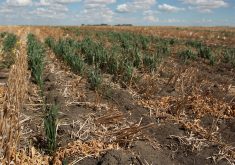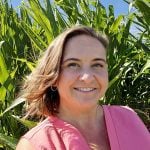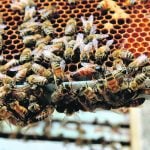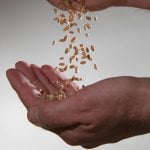Saskatchewan forage seed producers can look forward to increased research capacity and new technologies and products from a producer-directed Saskatchewan Forage Seed Development Commission.
“Producers felt there was a need to improve agronomic practices in growing forage seed crops. They felt that increased support for research is necessary to lead to improved quality and higher yields,” said Ryan Boughen, assistant secretary of the Saskatchewan Agri-Food Council. The council acted as a catalyst in the development of the commission, leading it through the process of gaining approval from the Saskatchewan government.
Read Also
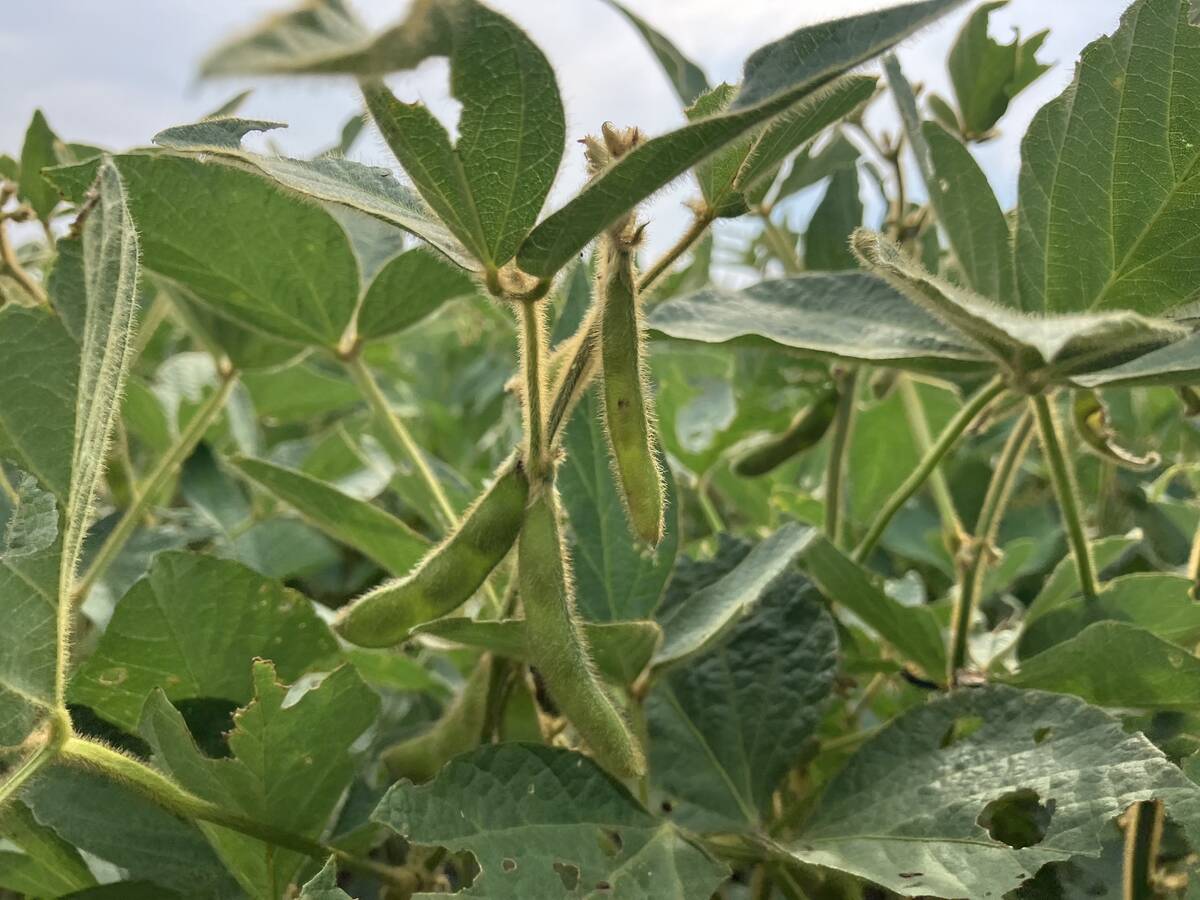
U.S. loses out on sales of soybean to China
U.S. soybean exporters risk missing out on billions of dollars worth of sales to China this year as trade talks drag on and buyers in the top oilseed importer lock in cargoes from Brazil.
“It was seen as having the potential to lead to the introduction of new varieties and market opportunities.”
Janice Bruynooghe, executive director of the Saskatchewan Forage Council, said the idea for such a commission has been in the works for a decade, and the council is excited that it is now up and running.
“For our provincial and even for Western Canada’s forage industry, it’s a huge boost … because if we can improve our forage industry and if producers can direct research that they feel they need in a practical aspect to put to work in the field, that’s going to grow the industry.”
The council and the Canadian Adaptation and Rural Development in Saskatchewan committee funded a feasibility study beginning in 2002, which consulted forage seed producers and processors. The study found there was support for the checkoff. It was hoped that future research and development made possible by the check-off money would increase profitability for producers and the whole industry.
The Saskatchewan forage seed industry consists of 600 growers with 80,000-140,000 acres per year.
The forage commission, which officially came into being on July 1, is financed through a refundable checkoff, following the success of models established for alfalfa seed, flax, canola and mustard.
The checkoff is set at 0.75 percent of gross value at the first point of sale, based on net clean seed. This check-off deduction is mandatory, but producers may request a refund twice a year.
“The reality is there are some people that just fundamentally don’t agree with the checkoff, and so then it is their complete right to request a refund, and the commission is set up that way to handle that,” said Bruynooghe.
The checkoff will be applied to all grass and legume forages and amenity seed sales excluding alfalfa, because alfalfa growers already have their own commission. Revenue from the checkoff is anticipated to be $35,000-$47,000 per year for research and extension.
Philip Curry, executive director of the new commission, said producers’ money will mainly be allocated to research.
“There’s always a lot of interest in forage seed agronomy, seed production agronomy, marketing, but mainly in the production aspects of it. There’s always a need there to look at how to produce a good quality product.”
Curry hopes producers will see a return on their investment so that the checkoff support will continue.
“It’s going to be up to us to prove to producers that we are providing a valuable function to them.”







